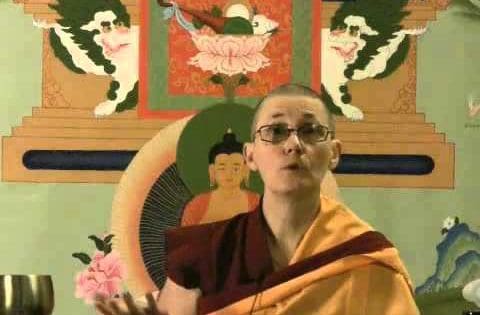Seven-point Mind Training
Teachings on the Seven-point Mind Training by 12th-century Tibetan master Geshe Chekawa, one of the earliest texts in the thought transformation (lojong) genre of teachings.
All Posts in Seven-point Mind Training
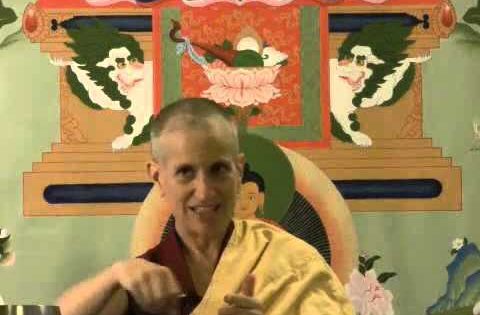
Practicing with adversity
Practices that can be used to transform adverse circumstances into the path.
View Post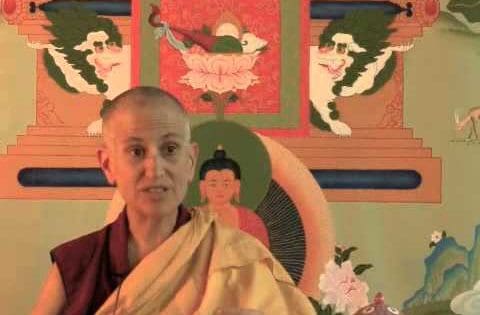
Transforming adversity into the path
Practical ways to practice mind training, looking at problems as opportunities to practice.
View Post
Taking and giving meditation
Practical ways to use love and compassion for others when afflictions arise in daily life.
View Post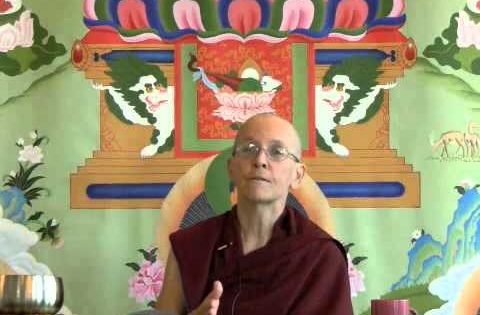
Review: Transforming adversity
A review of recent talks on the taking and giving meditation and transforming adversity into…
View Post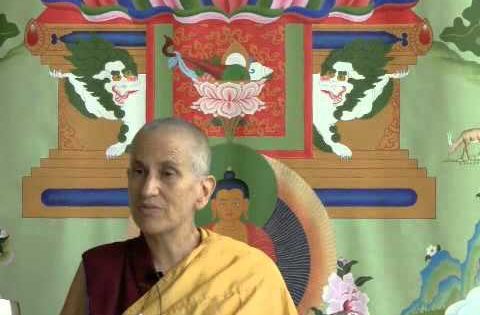
Resistance to practicing tonglen
How the taking and giving practice can transform our minds, making us happier.
View Post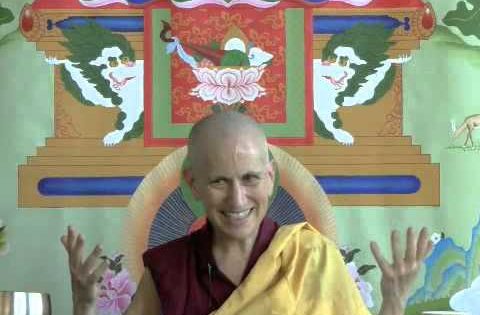
Eroding self-centeredness
How we can use the meditation on taking on the suffering of others to erode…
View Post
Taking on the suffering of others
How to meditate on taking the suffering of others, beginning with taking on the suffering…
View Post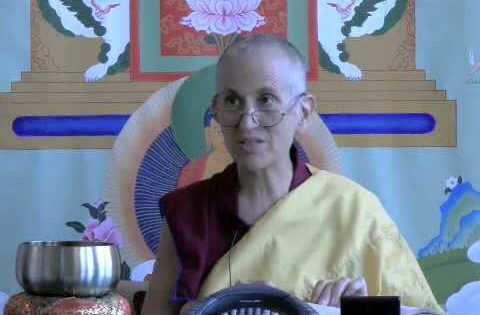
Giving our virtue
How training the mind to become familiar with giving increases our generosity and the importance…
View Post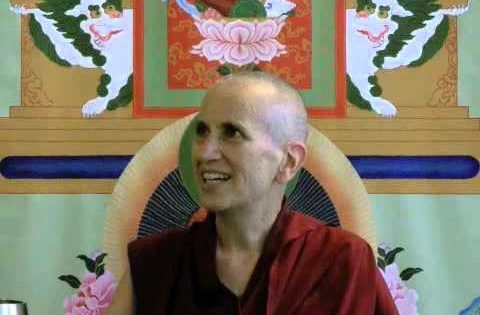
Giving to others
Transforming our bodies into what helps others progress on the path and how to meditate…
View Post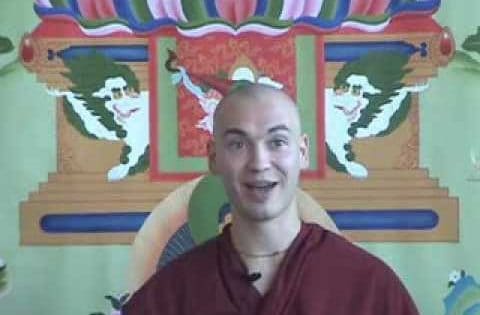
Review: Who to cherish
A review of the disadvantages of the self-centered thought and the benefits of cherishing others.
View Post
Review: The self-centered thought
Review of the section of the text on the disadvantages of the self-centered thought.
View Post